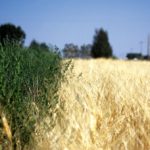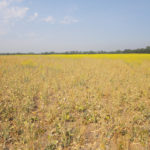Brussels/Frankfurt | Reuters — The European Commission has started an in-depth investigation of Bayer’s planned US$66 billion takeover of U.S. seeds group Monsanto, saying it was worried about competition in various pesticide and seeds markets. The deal would create the world’s largest integrated pesticides and seeds company, the Commission said, adding this limited the number […] Read more













